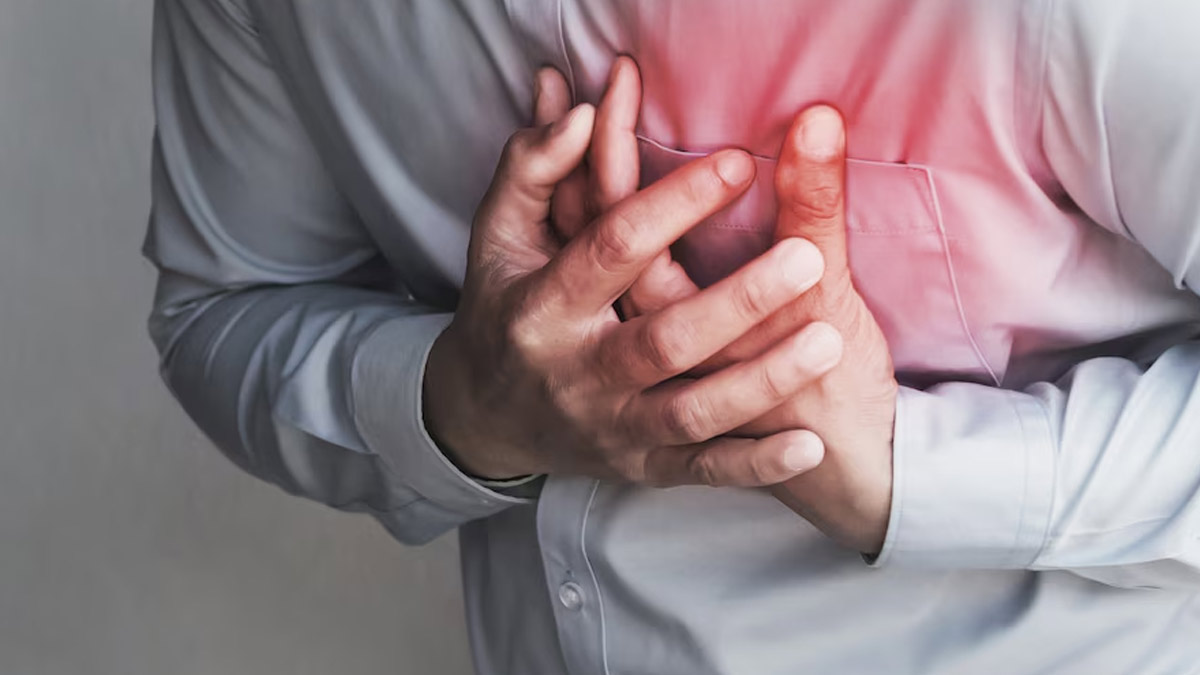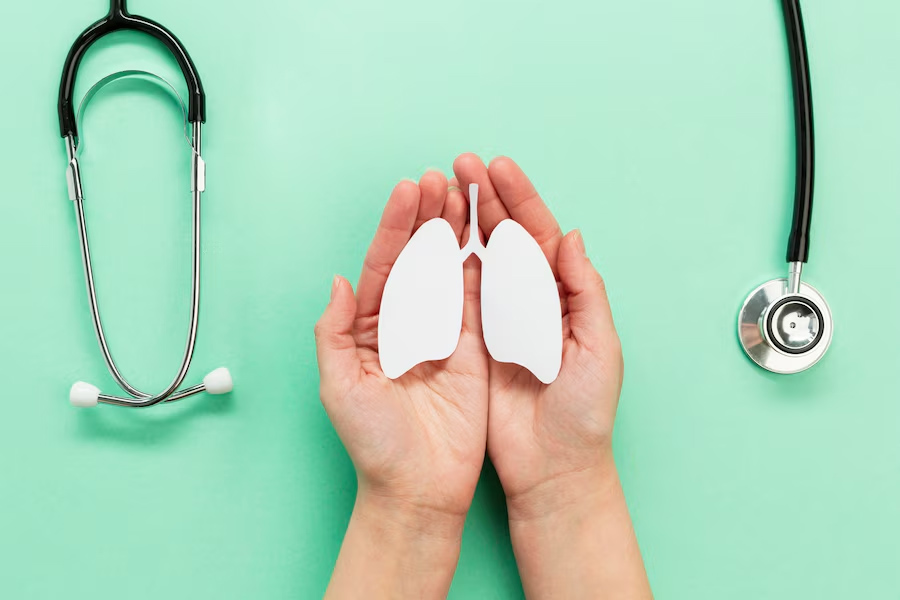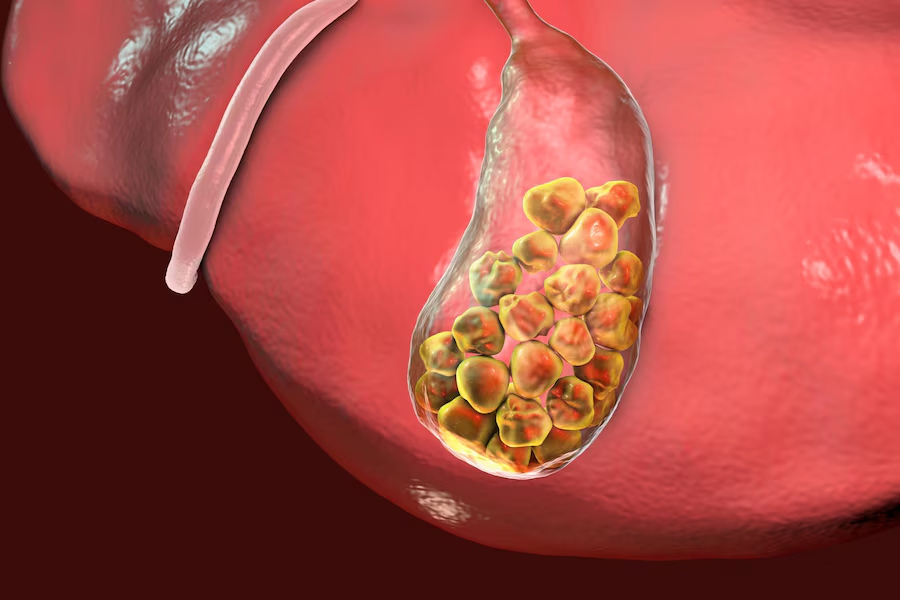
Chest pain is often alarming and immediately brings thoughts of a heart attack to mind. However, not all chest pain stems from heart problems. In fact, many cases of chest discomfort are related to non-cardiac issues. Understanding these non-heart-related causes is crucial for accurate diagnosis and effective treatment. We spoke to our expert Dr Liju A, MBBS, MD General Medicine, DM Cardiology, Apollo Spectra Hospital, Chennai, who provided insights into the various non-cardiac causes of chest pain.
Table of Content:-
"According to a study 75% of all patients who come to the emergency department report chest pain while the actual cause is non-cardiac in 25%," said Dr Liju.
What Are The Causes Of Chest Pain Other Than Heart Attack
Gastroesophageal Reflux Disease (GERD)

“GERD is a common cause of chest pain, where stomach acid flows back into the oesophagus. This can lead to a burning sensation known as heartburn, which often mimics the pain associated with heart problems,” said Dr Liju. Its symptoms usually become more severe after eating or when lying down. Managing GERD usually involves lifestyle changes, such as avoiding trigger foods, eating smaller meals, and using over-the-counter antacids.
Moreover, according to StatPearls, in western countries, GERD affects about 10-20% of the population, with severe cases seen in 6%. In contrast, the prevalence in Asian countries is around 5%.
Musculoskeletal Problems
Chest pain can also come from the muscles, bones, or nerves in the chest wall. For example, costochondritis, the cartilage inflammation connecting a rib to the breastbone, can cause significant pain. “This pain is usually sharp and localised and may worsen with movement or deep breathing. Thus, to mitigate this pain the individual should rest, take prescriptive anti-inflammatory medications, and undertake physical therapy to alleviate the symptoms,” added Dr Liju.
Also Read: Detecting Heart Attack: Expert Explains Chest Pain Evaluation And Role Of High-Sensitivity Troponin
Pulmonary Issues

A pulmonary embolism happens when a blood clot blocks an artery in the lungs. This issue arises due to infections, allergies, smoking, or environmental factors. This illness can cause sudden, acute chest pain, particularly during deep breaths. It is a serious condition that necessitates immediate medical attention.
Anxiety and Panic Disorders
Emotional stress and anxiety, which can cause chest pain, are often triggered by factors like work pressure, relationship issues, or financial worries. This affects all age groups, with young adults and those in their middle ages experiencing it most.
The World Health Organization (WHO) reports that around 4% of the global population currently suffers from an anxiety disorder. In 2019, 301 million people worldwide were affected, making anxiety disorders the most prevalent of all mental health conditions. "Therefore, managing stress through techniques like CBT, stress management, and medications should be considered but under expert supervision and prescription," added Dr Liju.
Also Read: Complexities of Chest Pain: Expert Explains The Nature Of Cause And Connection With Stress
Gastrointestinal Problems

Gastrointestinal issues like oesophageal spasms, gallstones, or peptic ulcers can cause chest pain, especially after meals. Eating spicy foods, overeating, or irregular meal times can aggravate these conditions. Thus, to manage these conditions, you could include dietary changes, medications to reduce stomach acid, and sometimes surgery, if recommended.
Shingles
“Shingles, triggered by the varicella-zoster virus (also known as chickenpox virus), can lead to chest pain by affecting nerves. Its symptoms include burning pain and a rash on one side of the body,” said Dr Liju. To treat such a condition, antiviral and pain relief drugs are prescribed to patients, however, consulting a doctor is crucial for accurate diagnosis and management.
Message From The Expert
Dr Liju concluded, “While chest pain is often associated with heart conditions, it's crucial to understand that chest pain isn't always caused by a cardiac problem. Dietary habits, stress, and a lack of physical activity can contribute to health issues like GERD or muscular strain, resulting in chest discomfort.”
“Consequently, accurate diagnosis and appropriate management are key to addressing the underlying issues and relieving symptoms. It is advisable to always consult with a healthcare professional if an individual experiences persistent or severe chest pain to rule out serious conditions and differentiate cardigan pain from non-cardiac,” he added.
[Disclaimer: This article contains information provided by an expert and is for informational purposes only. Hence, we advise you to consult your own professional if you are dealing with any health issues to avoid complications.]
How we keep this article up to date:
We work with experts and keep a close eye on the latest in health and wellness. Whenever there is a new research or helpful information, we update our articles with accurate and useful advice.
Current Version